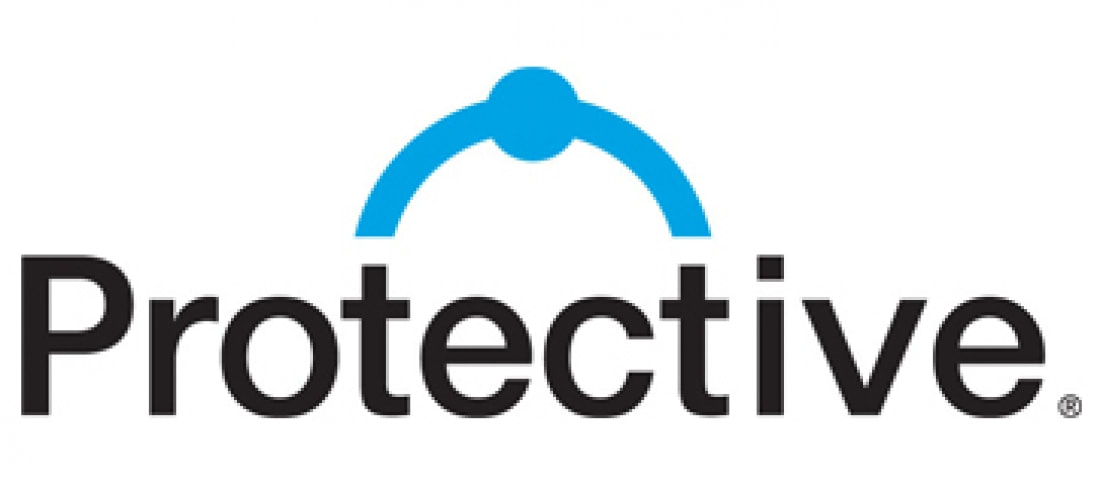Insurance is Unique... and Complicated

Insurance is a unique financial instrument with features that are unavailable in any other financial products. For example, only an annuity—and no other financial product—can provide you with guaranteed income for as long as you live. Similarly, insurance can also assume the risk of losing your income from disability or paying for costs of long-term care in exchange for a relatively small price (premium). On top of that, Uncle Sam has given his full blessing to grieving family members (or a devastated business) to receive life insurance proceeds free of income tax.
Not only that, insurance is also complicated—far more so than most people might realize. It's misunderstood even by many otherwise competent financial advisors. To make matters worse, there is a lot of misinformation being disseminated through articles, blogs and other media channels—even from credible sources—without much intellectual honesty or thoughtful analysis.
With such confusion and misinformation surrounding insurance, we cannot overstate the importance of sensible insurance planning and the "science" behind it—carrier due diligence, product selection, policy design, underwriting, income and estate tax implications, legal aspects, and so on—that requires considerable expertise and experience.
Additionally, it should be remembered that insurance should be an integral part of a sound financial, estate and/or business plan. Whether it's providing estate liquidity, safeguarding a business from the unexpected, or building a sustainable income to minimize the probability of running out of money in retirement, insurance should make sense in the context of an overall financial, estate, and/or business plan.
Not only that, insurance is also complicated—far more so than most people might realize. It's misunderstood even by many otherwise competent financial advisors. To make matters worse, there is a lot of misinformation being disseminated through articles, blogs and other media channels—even from credible sources—without much intellectual honesty or thoughtful analysis.
With such confusion and misinformation surrounding insurance, we cannot overstate the importance of sensible insurance planning and the "science" behind it—carrier due diligence, product selection, policy design, underwriting, income and estate tax implications, legal aspects, and so on—that requires considerable expertise and experience.
Additionally, it should be remembered that insurance should be an integral part of a sound financial, estate and/or business plan. Whether it's providing estate liquidity, safeguarding a business from the unexpected, or building a sustainable income to minimize the probability of running out of money in retirement, insurance should make sense in the context of an overall financial, estate, and/or business plan.
What Properly Designed Insurance Can Do For You
// Provide liquidity to meet estate tax obligations in cost- and tax-efficient ways
// Hedge against longevity with guaranteed lifetime income
// Minimize significant erosion of assets due to costs of long-term care
// Equalize inheritance among heirs
// Provide financial security for a child with special needs
// Enable a business to "buy time" if an owner or a key employee dies or is disabled
// Provide funds for surviving owners to buy deceased/disabled owner's business interest
// Carve out insurance and retirement benefits exclusively for key employees
// Add a low-volatility asset without stock market risk to an investment portfolio
// Accumulate substantial amount of money without current taxation on earnings and growth
// Save money without contribution limits or distribution requirements
// Hedge against longevity with guaranteed lifetime income
// Minimize significant erosion of assets due to costs of long-term care
// Equalize inheritance among heirs
// Provide financial security for a child with special needs
// Enable a business to "buy time" if an owner or a key employee dies or is disabled
// Provide funds for surviving owners to buy deceased/disabled owner's business interest
// Carve out insurance and retirement benefits exclusively for key employees
// Add a low-volatility asset without stock market risk to an investment portfolio
// Accumulate substantial amount of money without current taxation on earnings and growth
// Save money without contribution limits or distribution requirements















